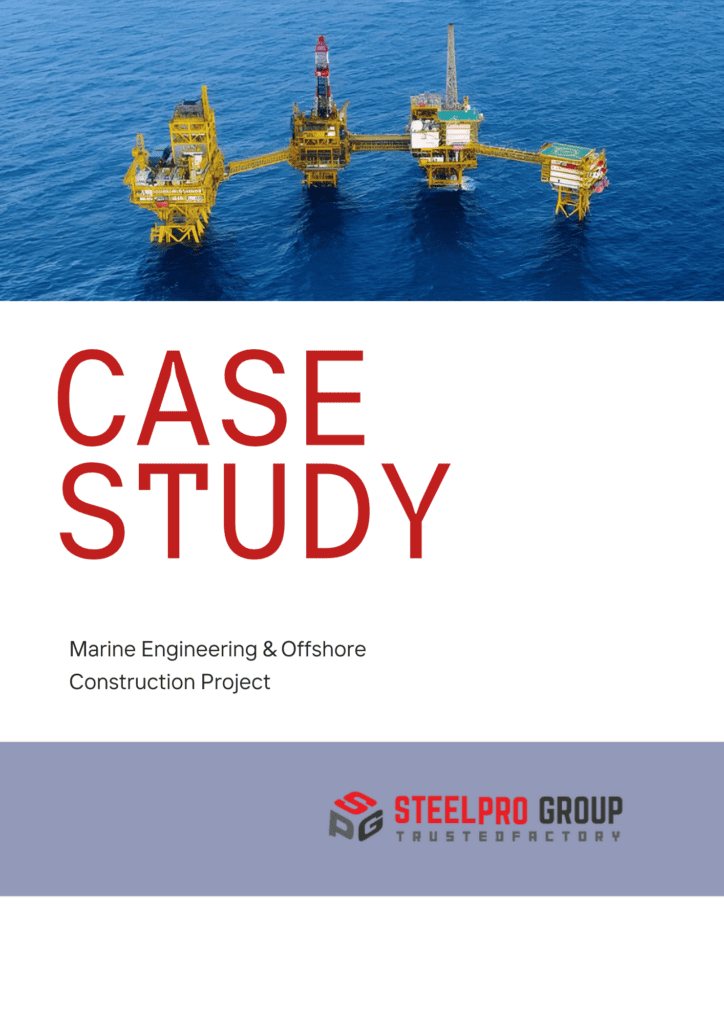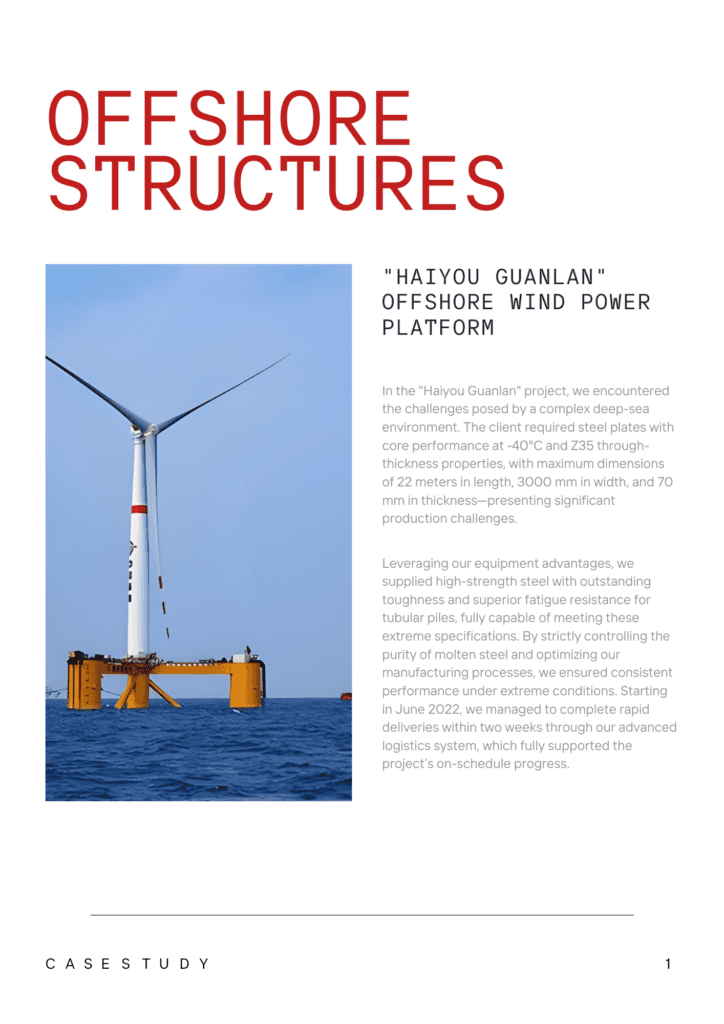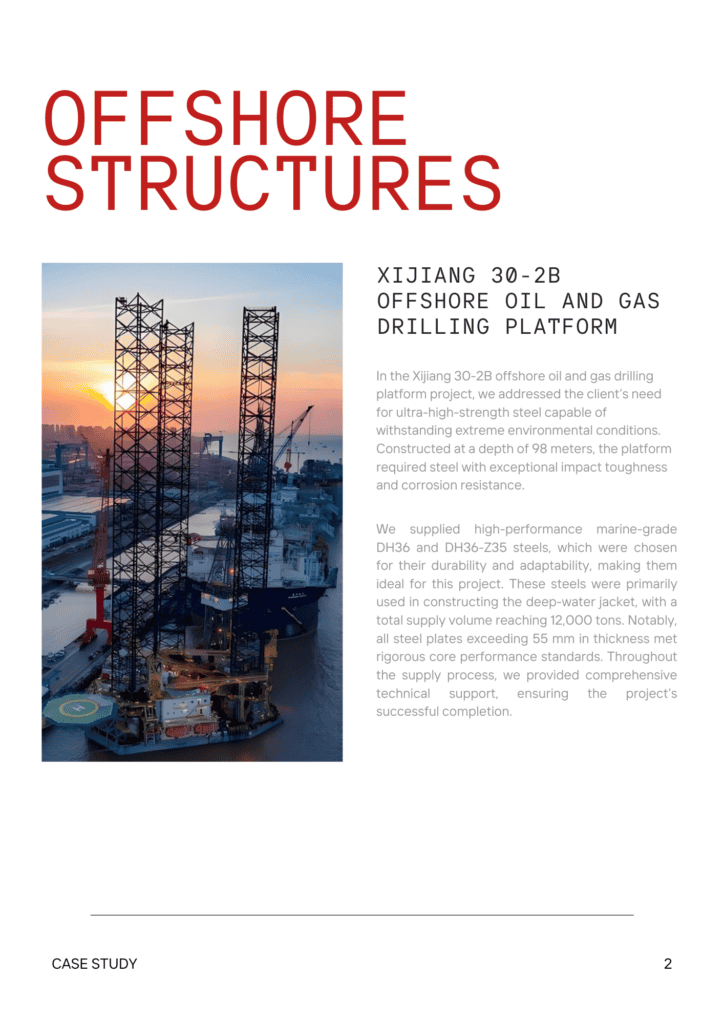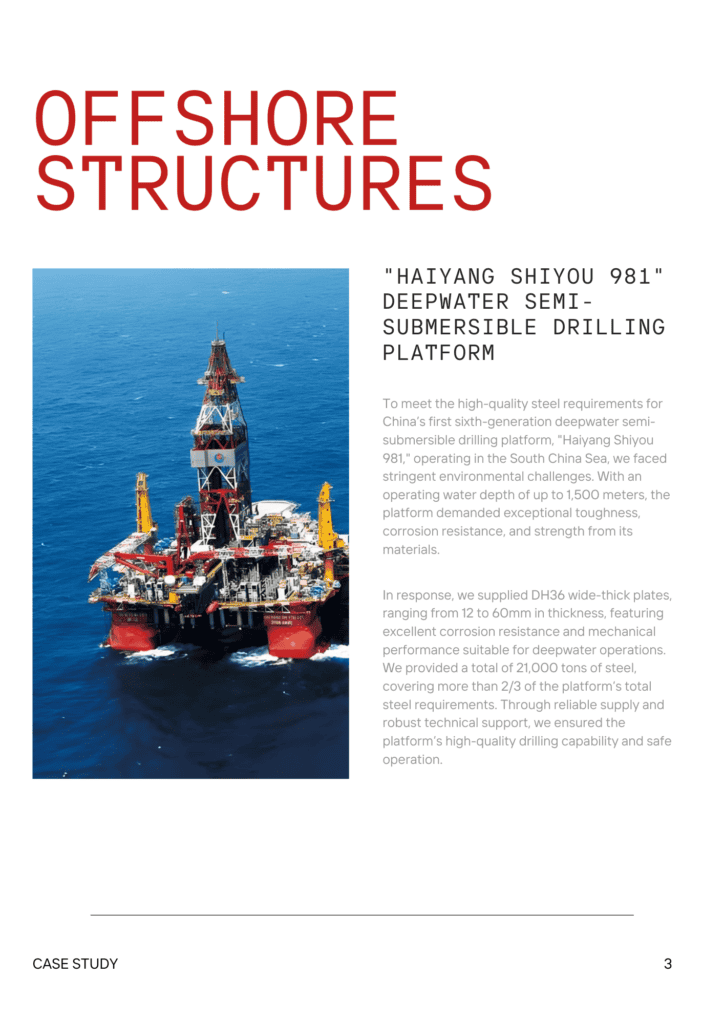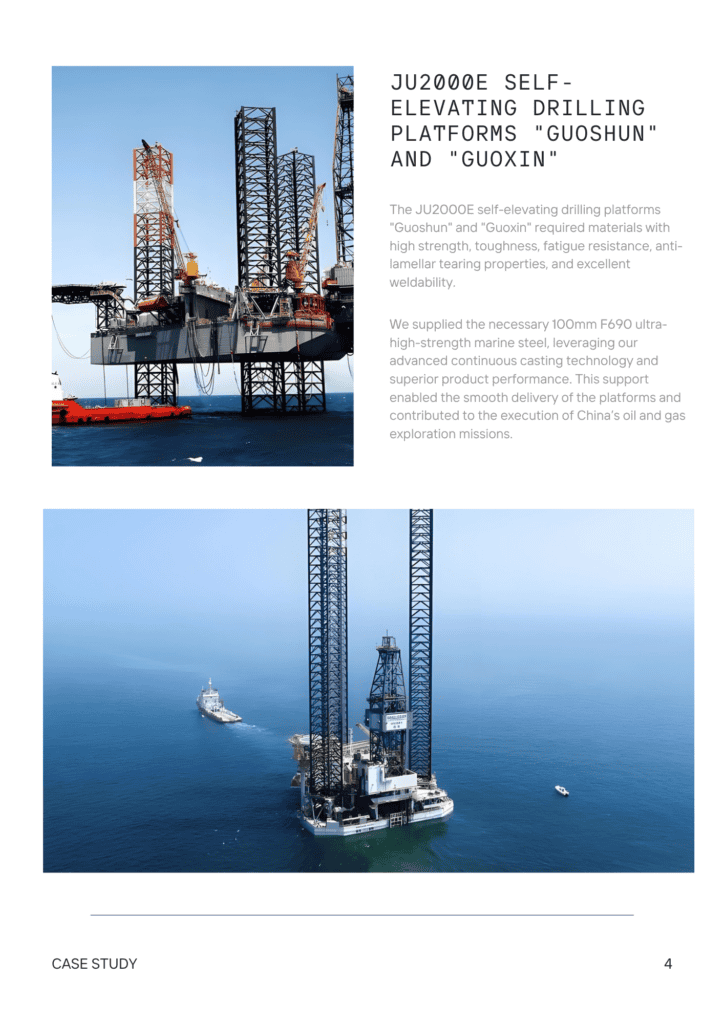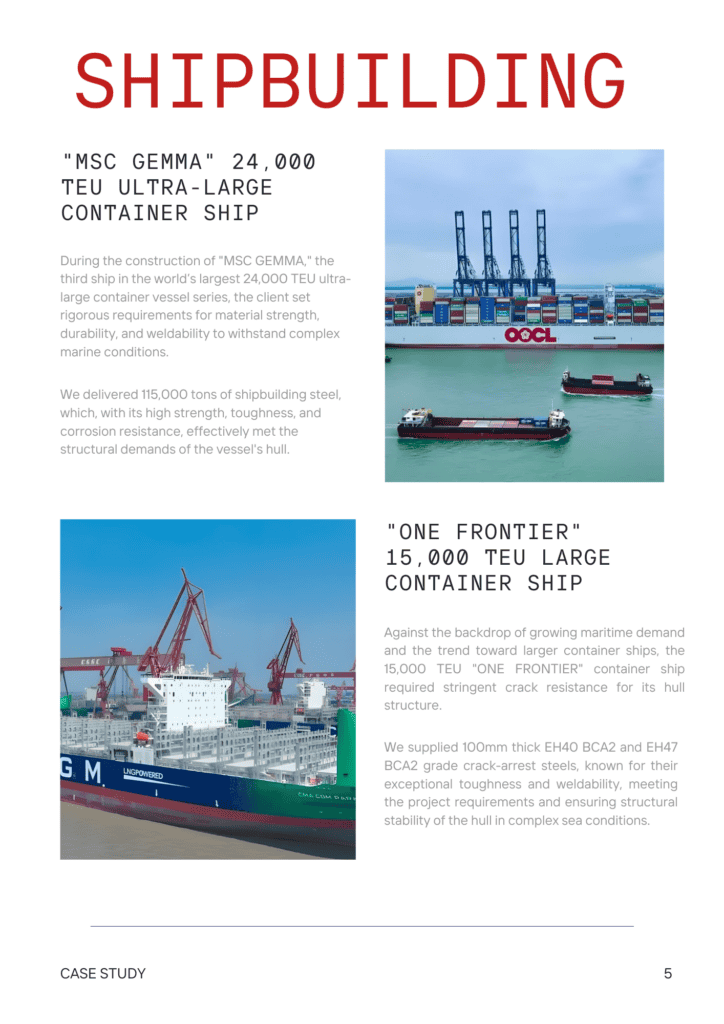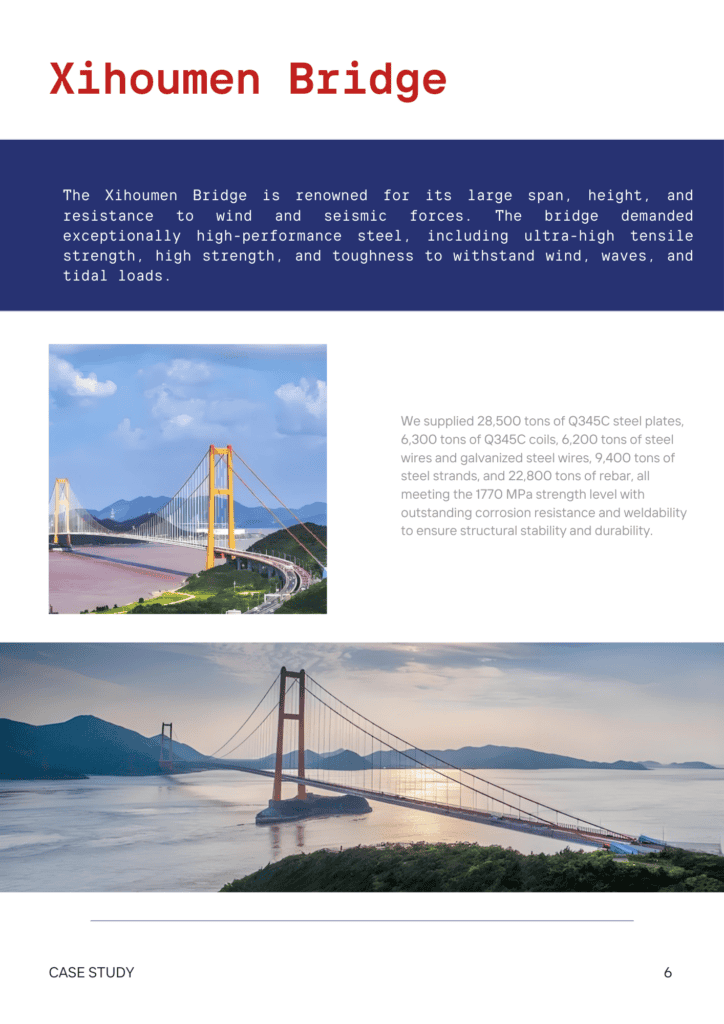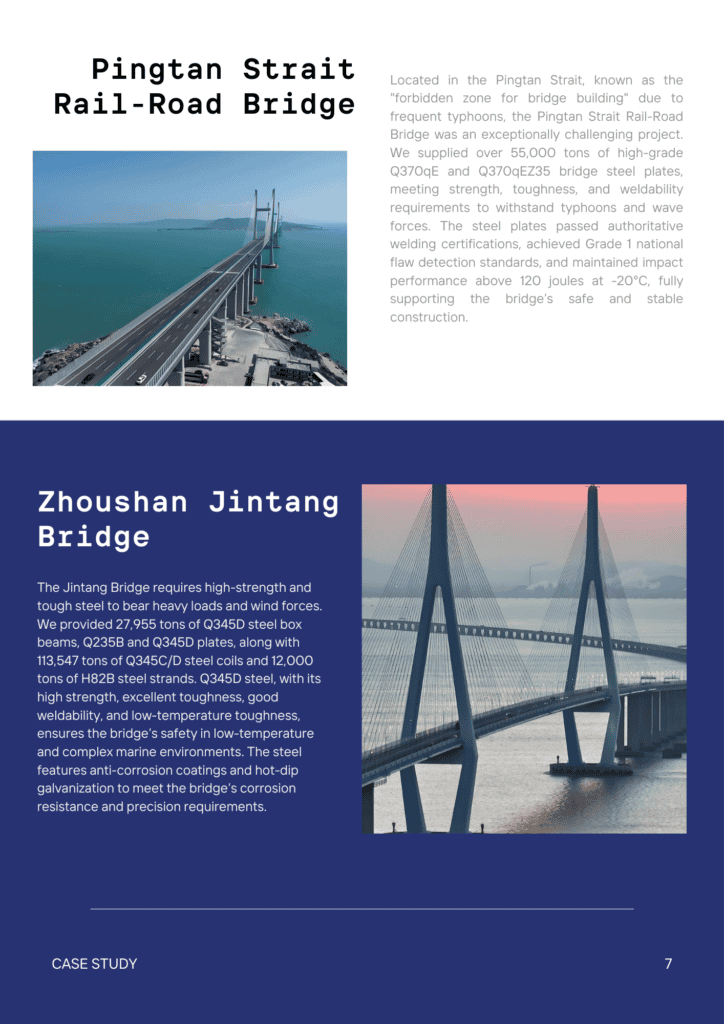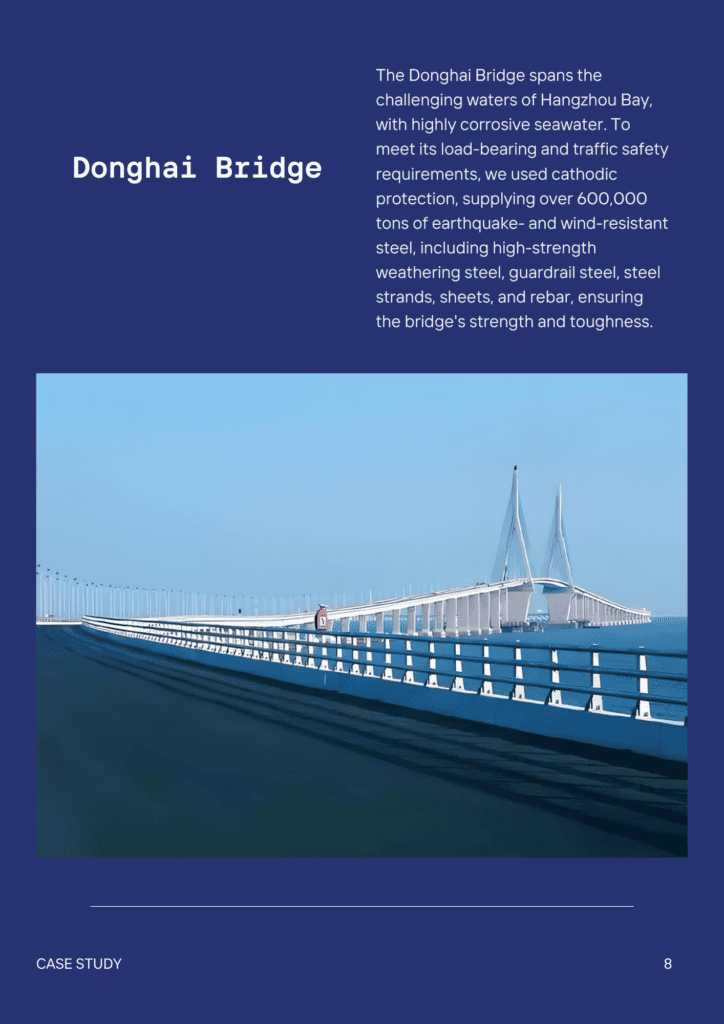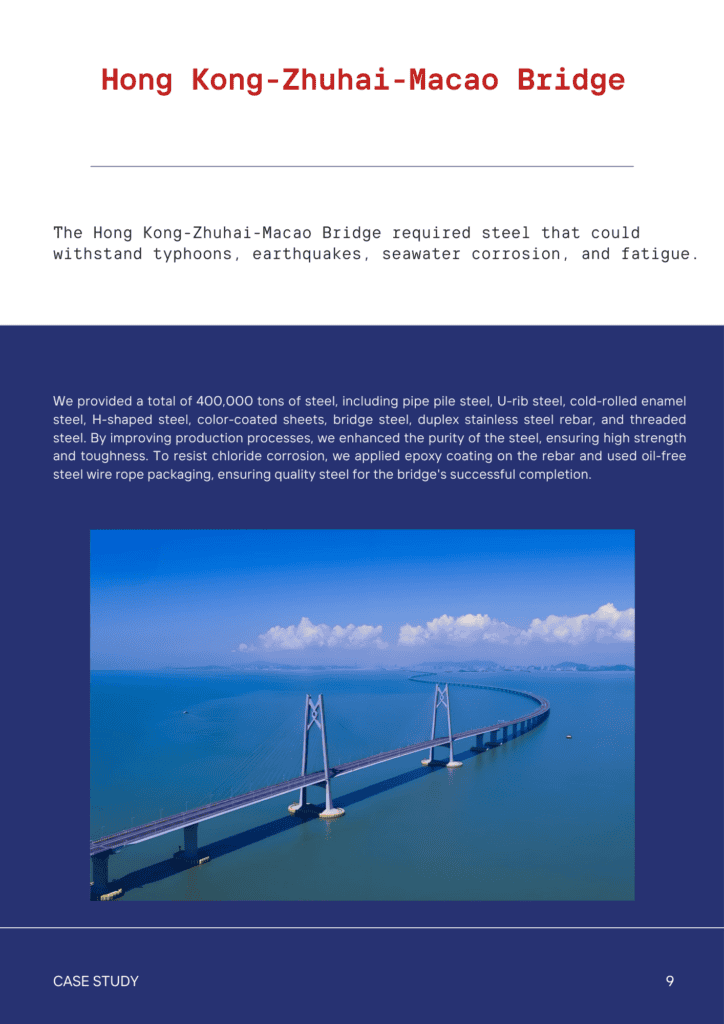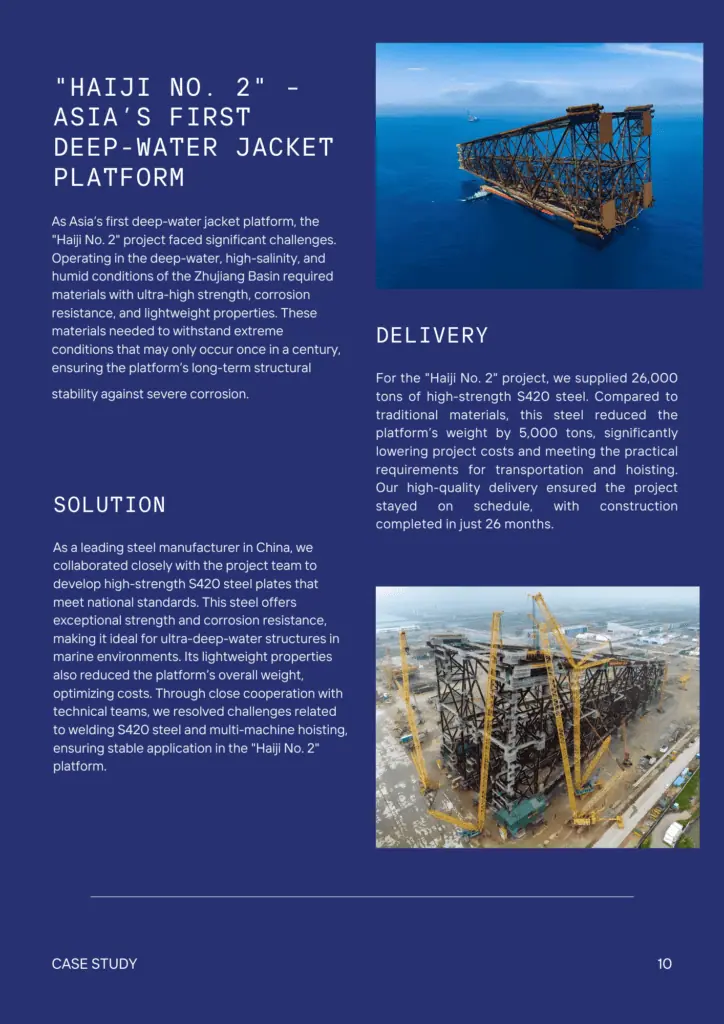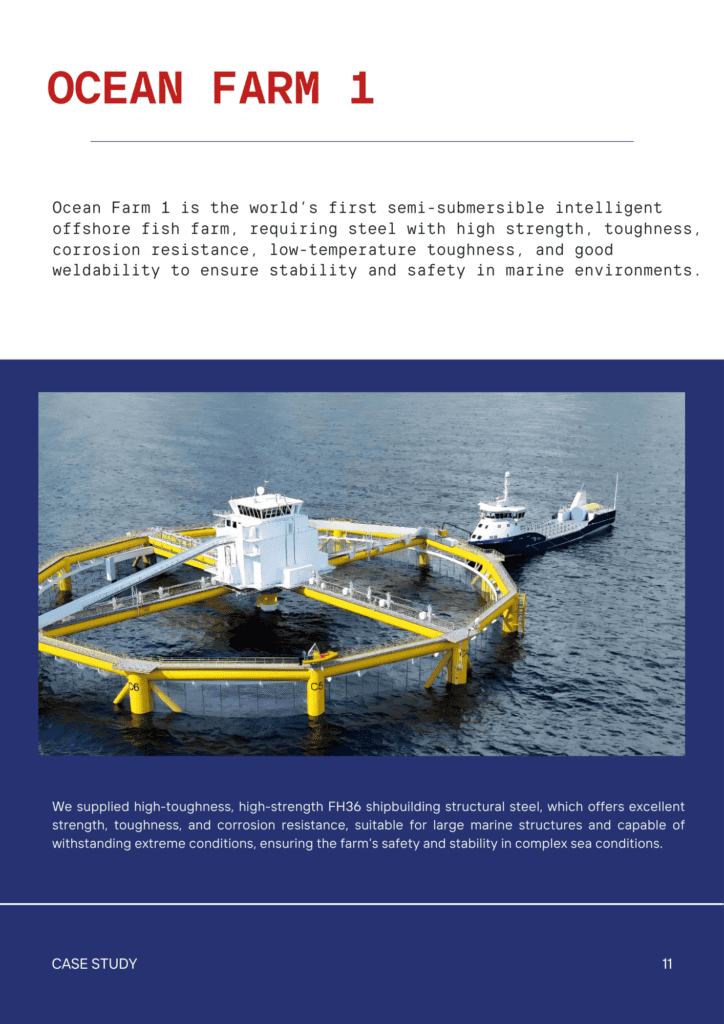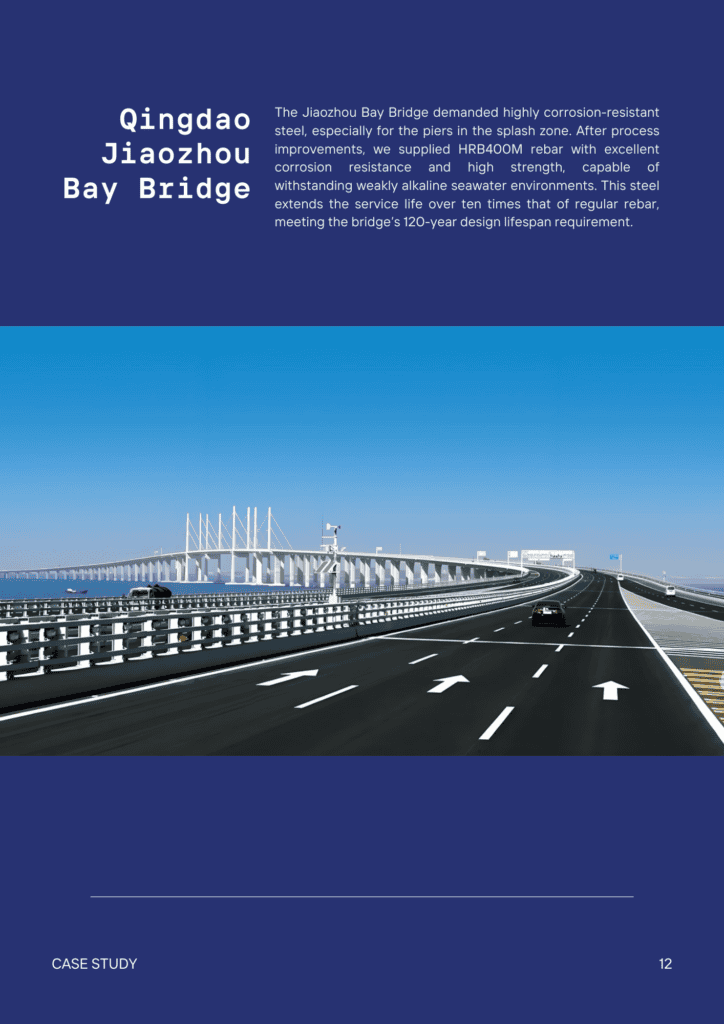Steel for Rail Track and Railway Car Body
Our steel for rail tracks and car bodies provides exceptional strength, durability, and wear resistance for optimal railway performance.
ENGINEERED
FOR RAILWAY EXCELLENCE
Our commitment to precision and quality ensures our steel products meet and exceed the high demands of the railway industry, guaranteeing safety and performance.
SETTING THE BAR
FOR INDUSTRY STANDARDS
Our steel products are designed to provide exceptional strength, durability, and reliability, surpassing industry standards for rail tracks and railway car bodies.
PIONEERING INNOVATION
IN RAIL STEEL
We lead the way in railway technology advancements, offering state-of-the-art steel solutions that enhance the efficiency and safety of modern rail transport.
Steel for Rail Track
Railway track systems use various specialized steels to meet specific performance requirements for different components. Below are the main components and the types of steel used:
- Rails: High carbon steel
- Rail Sleepers: Steel sleepers are typically made from High-Strength Low-Alloy (HSLA) steel
- Fastening System:
- Elastic Clips: Spring steel
- Base Plates: Carbon steel or stainless steel
- Bolts and Nuts: Usually made from medium carbon steel or alloy steel
- Turnouts:
- Frogs: High manganese steel
- Switch Rails: Made from the same steel as the main rails
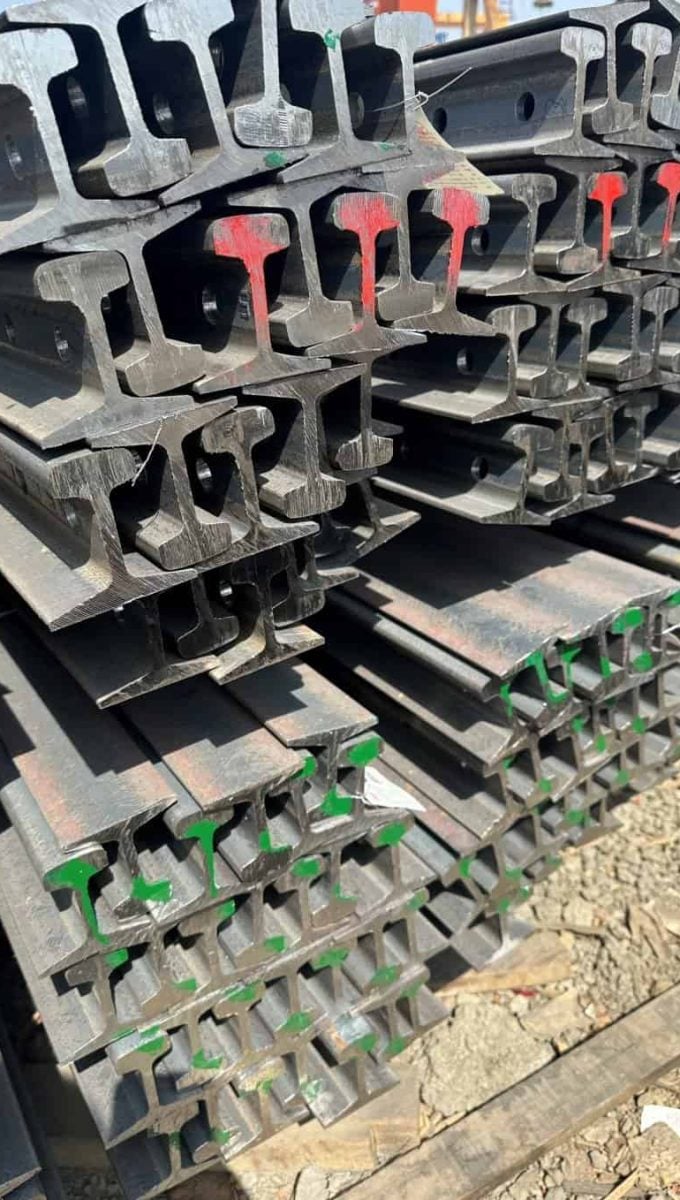
Applications
Steel for Railway Car Body
Railway car bodies use various types of steel for different components:
- Main Body Structure:
- Stainless Steel: Used in modern passenger cars and metro vehicles. Common grades include 304, 301L, and EN 1.4003.
- Carbon Steel: Common in freight cars.
- High-Strength Low-Alloy Steel (HSLA): Used to reduce weight.
- External Panels:
- Stainless Steel: Provides excellent corrosion resistance and aesthetics.
- Underframe:
- Carbon Steel or High-Strength Low-Alloy Steel: Bears the weight and loads.
Connectors:
- High-Strength Steel: Withstands traction and compression impacts.
Roof:
- Carbon Steel, Stainless Steel, or Aluminum Alloy: Chosen based on vehicle design.
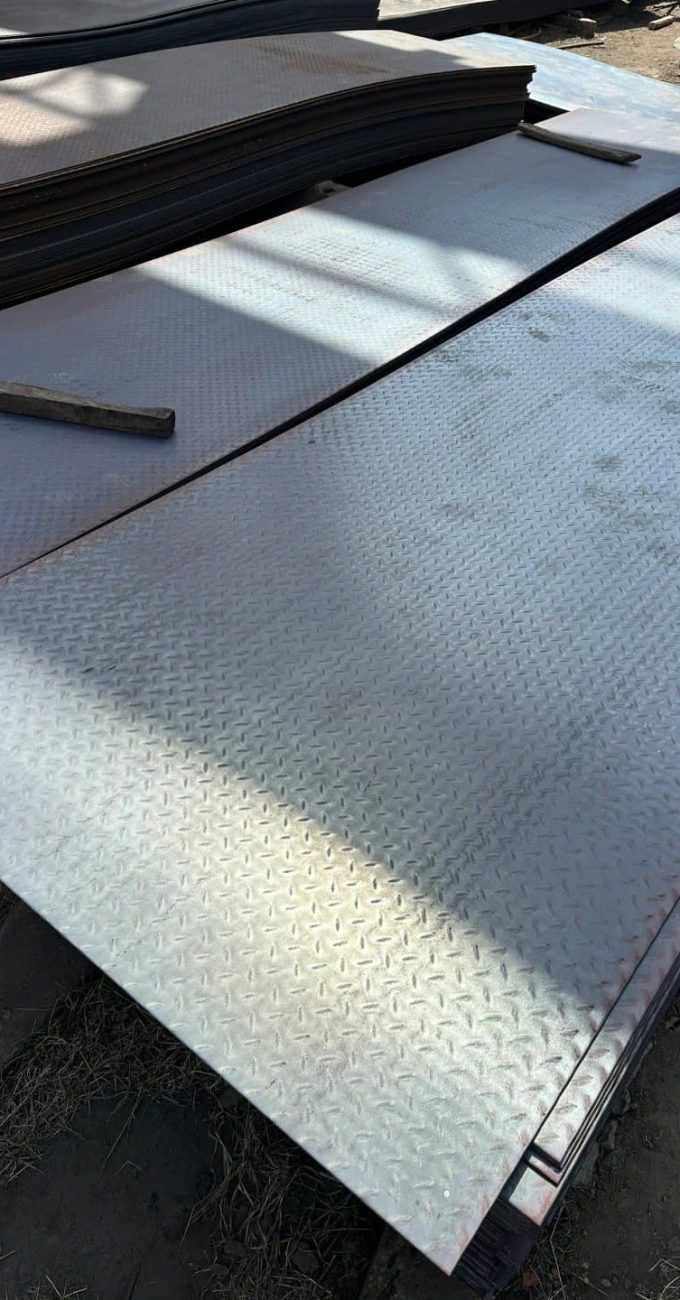
What steel is used in high-speed rail?
High-speed rail typically uses high-strength, low-alloy (HSLA) steel for the rails and sometimes for the car bodies to ensure durability, safety, and performance at high speeds. Austenitic and ferritic stainless steels are also used for their corrosion resistance and strength.
What are the advantages of using stainless steel for railway car bodies?
Stainless steel offers excellent corrosion resistance, which extends the lifespan of railway car bodies and reduces maintenance costs. It also provides high strength and durability, which enhances safety and reliability. Additionally, stainless steel has an aesthetically pleasing finish.
What grades of steel are available for rail tracks and railway car bodies?
For rail tracks, high carbon steel and HSLA steel are commonly used. For railway car bodies, available grades include austenitic stainless steel (such as 304 and 301L), ferritic stainless steel (such as EN 1.4003), carbon steel, and HSLA steel.
Can you customize steel components to meet specific requirements for railway projects
Yes, we offer customization of steel components to meet specific requirements for railway projects. Our team works closely with clients to ensure the steel used meets their exact specifications and performance needs.
What quality control measures are in place to ensure the consistency and performance of your steel?
We implement rigorous quality control measures, including regular inspections, mechanical testing, chemical composition analysis, and dimensional accuracy checks. These measures ensure that our steel meets the highest standards of consistency, performance, and reliability.


